Audio Gallery
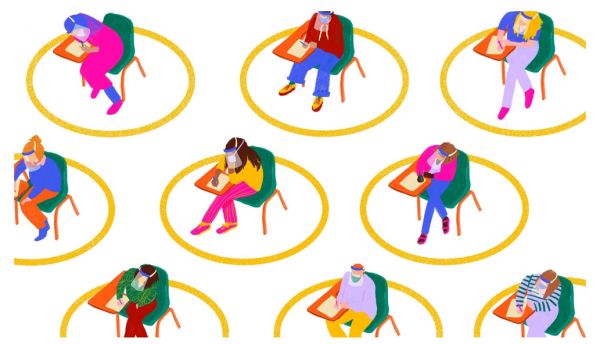
Covid on Campus
The coronavirus pandemic represents the greatest challenge to American higher education in decades. Some small regional colleges that were already struggling won’t survive. Other schools, large and small, are rethinking how to offer an education while keeping people safe.
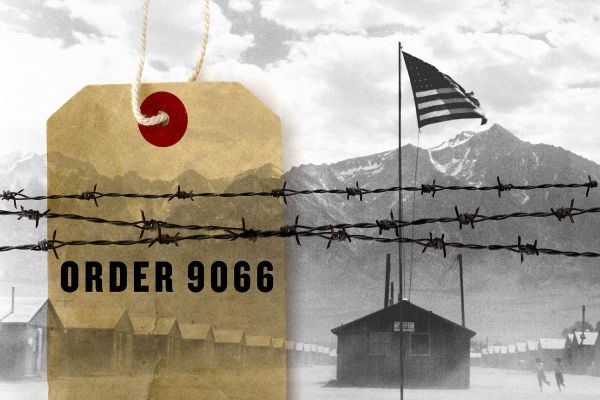
Order 9066
Order 9066 chronicles the history of the incarceration of Japanese Americans during WWII through first-person accounts of those who lived through it. The series explores how this shocking violation of American democracy came to pass, and its legacy in the present.
Episode 1
Episode 2
Episode 3
Episode 4
Episode 5
Episode 6
Episode 7
Episode 8
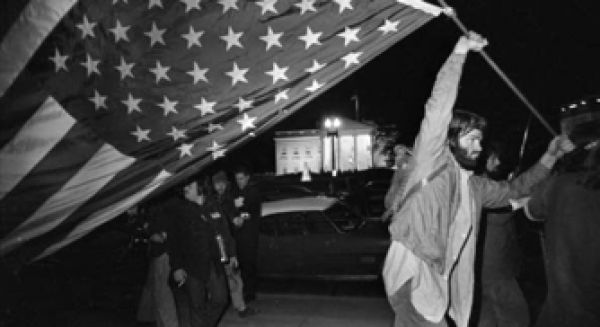
Soldiers for Peace
Opposition to the Vietnam War among active duty GIs and veterans was organized, intense, and widespread. Yet it goes virtually forgotten in public recollections of the era.
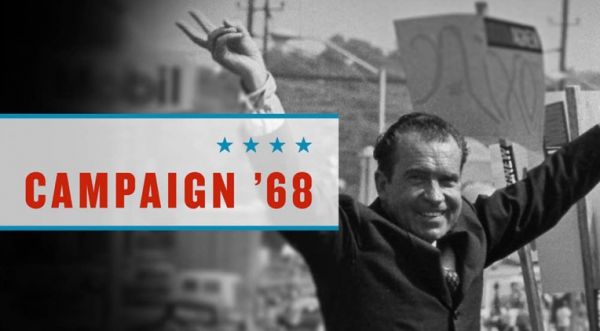
Campaign ‘68
The 1968 presidential election was a watershed in American politics. After dominating the political landscape for more than a generation, the Democratic Party crumbled. Richard M. Nixon was elected president and a new era of Republican conservatism was born. In Campaign ’68, we look back 50 years to this dramatic story.
Episode 1
Episode 2
Episode 3
Episode 4
Episode 5
Episode 6
Episode 7
Episode 8
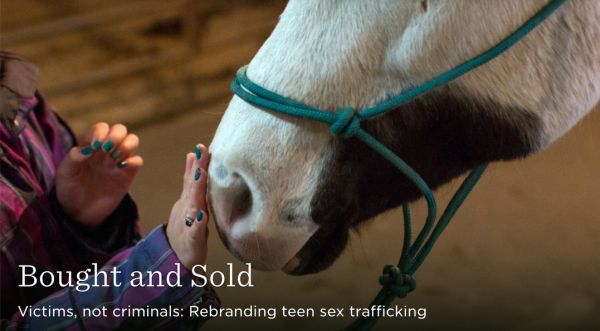
Bought and Sold: The New Fight Against Teen Sex Trafficking
Advocates for kids are pushing for a new approach to combating underage prostitution: treating young people caught up in sex trafficking as victims, not delinquents.
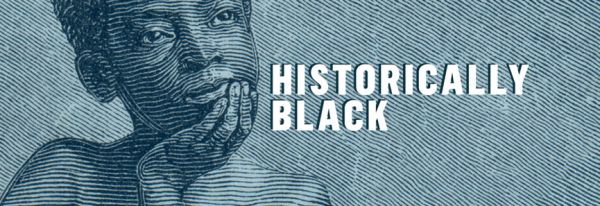
Historically Black
As part of The Washington Post’s coverage of the Smithsonian’s new National Museum of African American History and Culture, people submitted dozens of objects that make up their own lived experiences of Black history. The Historically Black podcast brings those objects and their stories to life.
Episode 1
Episode 2
Episode 3
Episode 4
Episode 5
Episode 6
Episode 7
Episode 8
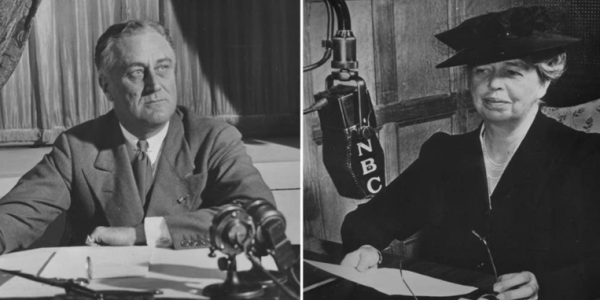
The First Family of Radio: Franklin and Eleanor Roosevelt’s Historic Broadcasts
When Franklin D. Roosevelt was elected president in 1932, he and first lady Eleanor Roosevelt both used the new medium of radio to reach into American homes like never before.
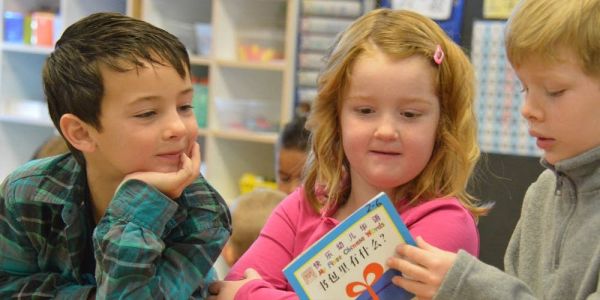
The Science of Smart
Researchers have long been searching for better ways to learn. In recent decades, experts working in cognitive science, psychology, and neuroscience have opened new windows into how the brain works, and how we can learn to learn better.
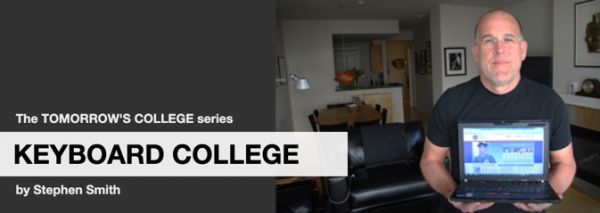
Keyboard College
Digital technologies and the Internet are changing how many Americans go to college. This documentary asks whether these innovations can help more people get access to higher education, and bring down the cost of college, without sacrificing learning.
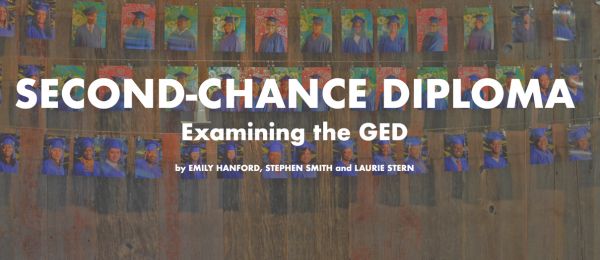
Second Chance Diploma
The General Educational Development test (GED) is a second chance for millions of people who didn’t finish high school. But critics say the GED encourages some students to drop out of school. And research shows the credential is of little value to most people who get one.
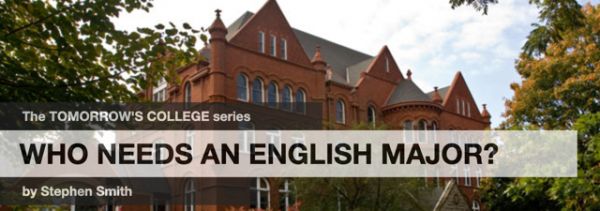
Who Needs an English Major?
The most popular college major in America these days is business. But advocates of liberal arts programs say their graduates are still among the most likely to become leaders, and that a healthy democracy depends on citizens with a broad and deep education.
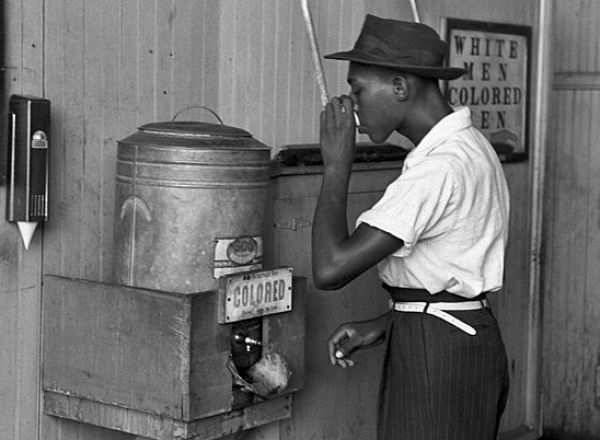
Remembering Jim Crow
For much of the 20th Century, African Americans in the South were barred from the voting booth, sent to the back of the bus, and walled off from many of the rights they deserved as American citizens. Until well into the 1960s, segregation was legal. The system was called Jim Crow. In this documentary, Americans—black and white—remember life in the Jim Crow times.
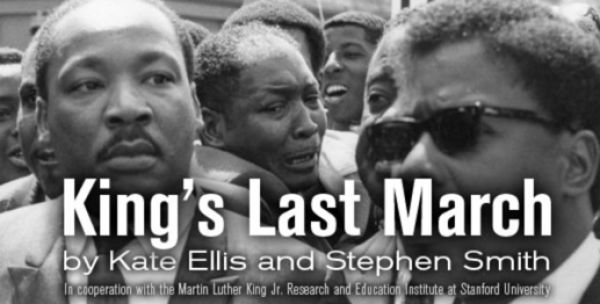
King’s Last March
Martin Luther King Jr. was assassinated on April 4, 1968. Half a century later, King remains one of the most vivid symbols of hope for racial unity in America. But that’s not the way he was viewed in the last year of his life.
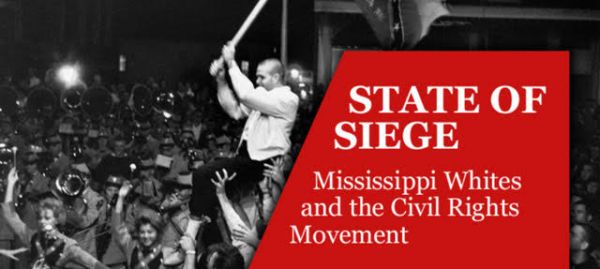
State of Siege –Mississippi Whites and the Civil Rights Movement
Mississippi led the South in an extraordinary battle to maintain racial segregation. Whites set up powerful citizens groups and state agencies to fight the civil rights movement.
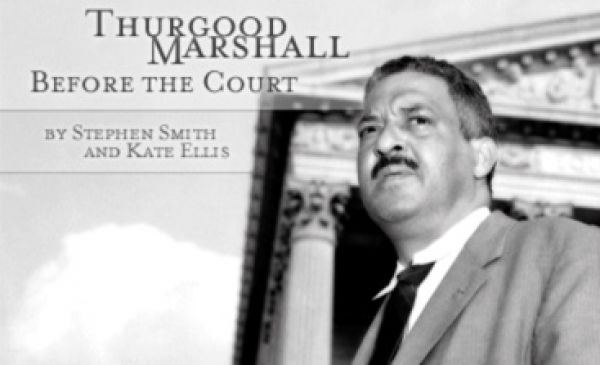
Thurgood Marshall Before the Court
Thurgood Marshall was the first African American named to the U.S. Supreme Court. Before that, he led a historic fight against legal segregation that led to the landmark Brown v. Board decision. Here is his story.
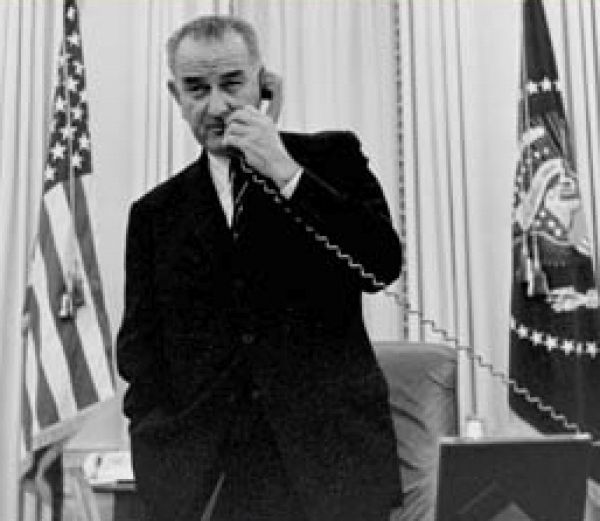
White House Tapes: The President Calling
Three of America’s most compelling presidents—Kennedy, Johnson, and Nixon—bugged their White House telephones. In this program, we eavesdrop on their calls to hear how each president used one-on-one politics to shape history.
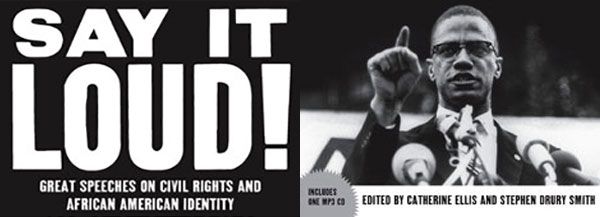
Say it Loud / Say it Plain: A century of Great African-American Speeche
Public speech making has played a powerful role in the civil rights struggle. These documentaries highlight speeches from a wide range of African American activists.
Say It Loud
Say It Plain

Battles of Belief
It’s easy to look back on World War II and get the impression that America was united in fighting “The Good War.” But not everyone fought in the same way. Battles of Belief tells two remarkable stories that reveal the different fronts in the struggle for minds and hearts during wartime.
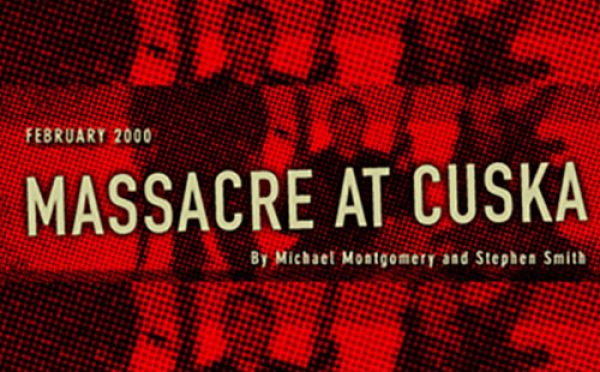
Massacre at Cuska
During the war in Kosovo, Serb death squads attacked the ethnic Albanian village, killing 41 unarmed civilians. This documentary tracks down the killers.

Burning the Evidence
During the war in Kosovo in 1999, war-crimes investigators suspected that Serbian forces were hiding evidence of atrocities by removing bodies of murdered Albanians from graves and execution sites. But until now, no one could say precisely what happened to many of these bodies. This story reveals a secret and grisly operation by Serbian security forces to destroy evidence of war crimes.
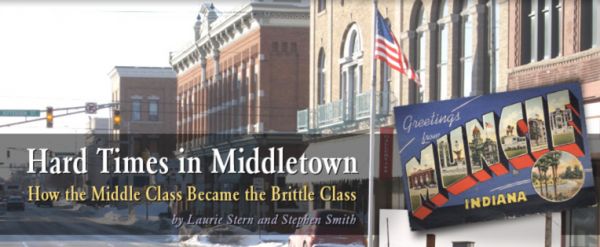
Hard Times in Middletown
For more than a century, Muncie, Indiana has been known as “Middletown,” the quintessential American community. But during the Great Recession, residents of the rust-belt city struggled to stay in the middle class.

Thirsty Planet
Scientists say most people on Earth will first experience climate change in terms of water, either too much or too little.

The Few who Stayed
During the Rwanda genocide, some 800,000 people died at the hands of government troops and militia gangs. This is the story of two men—one Rwandan, one American—who risked their lives to save hundreds of lives.

Rebuilding Biloxi: One Year After Katrina
The Gulf Coast town of Biloxi, Mississippi was devastated by Hurricane Katrina. This documentary follows the lives of several families over the course of a year as they struggle to rebuild their lives and community.
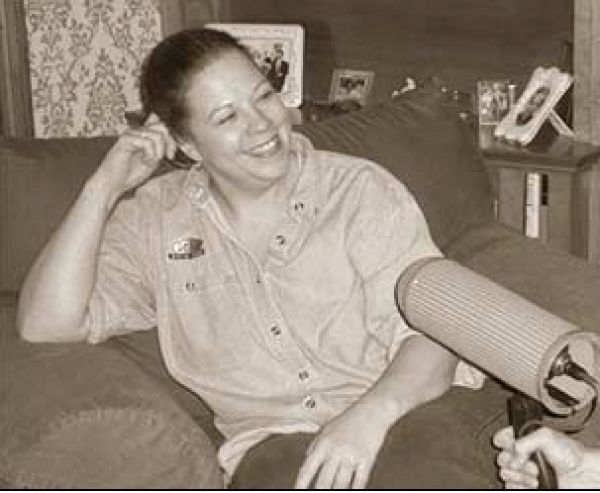
Kay Fulton’s Diary
Kay Fulton lost her brother, Paul Ice, in the Oklahoma City bombing in April 1995. After Timothy McVeigh was sentenced to death for setting the bomb, she volunteered to witness the execution, convinced that her brother’s murderer should feel the “split second of down to your toes fear” that only the death penalty—not life in prison—can deliver.